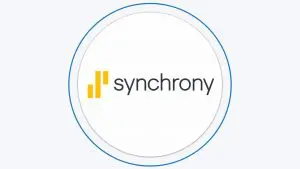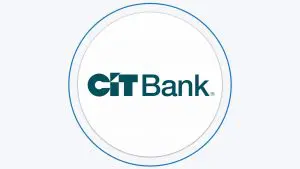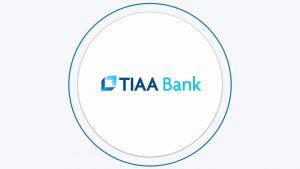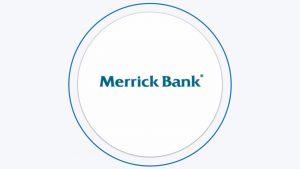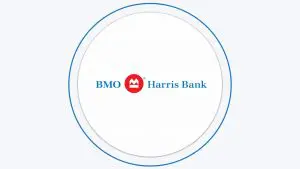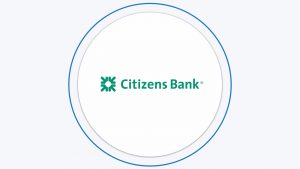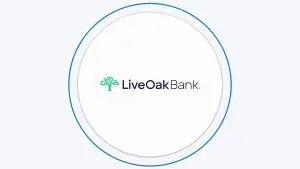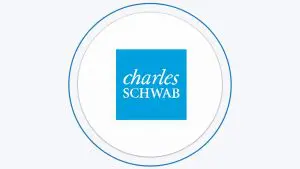3-Month vs. 1-Year CD Rates: Comparison
According to the principles of CDs, investors can expect higher returns when they commit their money for a longer term and have less flexibility.
Therefore, many banks and credit unions offer higher rates for 1-year CDs than for 3-month CDs, as the former requires a longer commitment.
It is important to note that some financial institutions may not offer 3-month CDs as they prefer customers to invest for a longer term, providing them with a steady source of funding for a certain period, ranging from a few months to several years.
Financial Institution | 3-Month APY | 1-Year APY | Min Deposit |
|---|---|---|---|
0.25% | 4.00% | $0 | |
N/A | 4.00% | $0 | |
2.00% | 4.00% | $0 | |
N/A | 3.40% | $1,000 | |
N/A | 4.10%
| $2,500 | |
4.00% | 5.00%
| $1,000
| |
N/A | 4.20% | $2,500 | |
4.30% | 4.05% | $1,000 | |
4.35% | 4.20% | $1,000 | |
4.37% | 4.45% – 4.20% | $1,000 | |
N/A | 3.75% | $2,500 | |
3.00% | 3.90% | $0 | |
N/A | 4.20%
| $500 | |
4.30% | 4.20% | $25,000 | |
3.25% | 3.25% | $500 | |
3.75% | 2.75% (13 months) | $1,000 | |
2.25% – 2.25% | 2.00% | $1,000 | |
N/A | 3.25% | $0 | |
0.50%
| N/A (11 months) | $250 | |
1.25% | 2.00% | $50 | |
1.50% – 1.55% | 4.00% – 4.05% | $1,000 | |
1.00% – 4.00% | 1.00% – 3.00% | $250
|
When comparing the rates for 3-month and 1-year CDs, the largest rate differences are typically found among banks such as Discover, Synchrony, Bethpage Credit Union, and Ally Bank.
* Make sure to adjust APY, terms and deposit
On the other hand, larger banks like Chase and Citi often offer “special CDs” for the short term, which can lead to higher rates for 3-month CDs.
When it comes to minimum deposits, most banks and credit unions require at least $1,000, which is quite reasonable as a minimum deposit for most depositors.
Top Offers From Our Partners
Compare 3-Month vs. 1-Year Early Withdrawal Fees
In the event of withdrawing funds from a CD before the end of its term, a bank or financial institution may impose an early withdrawal fee as a penalty.
Even though 3-month and 1-year CDs are typically considered short-term investments, it is advisable to review the early withdrawal fees to avoid unexpected charges.
It is important to note that the penalty for early withdrawal generally does not exceed the interest earned on the CD.
For example, if the penalty is equivalent to 1,800 days of interest but you withdraw your funds after only 100 days, the penalty will typically be limited to 100 days of interest in most financial institutions.
Financial Institution | 3-Month CD Penalty | 1-Year CD Penalty |
|---|---|---|
90 days of interest
| 90 days of interest
| |
N/A
| 3 months interest
| |
3 months interest
| 6 months interest
| |
N/A | 365 days / 30% of dividends (The lower)
| |
N/A | 90 days of interest | |
25% of total interest earned | 25% of total interest earned | |
N/A | 90 days of interest | |
Fees, based on the amount | Fees, based on the amount | |
Fees, based on the amount | Fees, based on the amount | |
Fees, based on the amount | Fees, based on the amount | |
N/A | 100% of interest earned | |
60 days of interest
| 60 days of interest
| |
N/A | 180 days interest
| |
90 days of interest
| 180 days of interest
| |
90 days of interest | 90 days of interest | |
90 days of interest
| 180 days of interest
| |
90 days of interest
| ||
N/A | 270 days interest
| |
60 days of interest
| 60 days of interest
| |
90 days of dividends
| 90 days of dividends
| |
90 days of dividends | 90 days of dividends | |
3 months of interest
| 6 months of interest
|
Should I Consider a 3-Month or 1-Year CD?
Choosing between a 3-month CD and a 1-year CD depends on your investment goals and financial situation. Here are some scenarios where a 3-month CD may be a better option than a 1-year CD:
Short-term savings goal: If you have a short-term savings goal, such as saving for a vacation or a other event, a 3-month CD can be a good option. In most cases, it allows you to earn a higher interest rate than a traditional savings account while still giving you access to your funds within a few months.
Uncertain future needs: If you have uncertain future needs, such as a potential job change or a move to a new city, a 3-month CD can be a good option as it provides you with more flexibility than a 1-year CD.
On the other hand, here are some scenarios where a 1-year CD may be a better option:
Stable financial situation: If you have a stable financial situation and do not anticipate any unexpected expenses or income changes, a 1-year CD can be a good option as it provides a guaranteed return and reduces the temptation to withdraw funds before the CD matures.
Falling interest rates: If you expect interest rates to fall in the near future, a 1-year CD can be a good option as it allows you to lock in a higher rate for a longer term before rates decrease.


